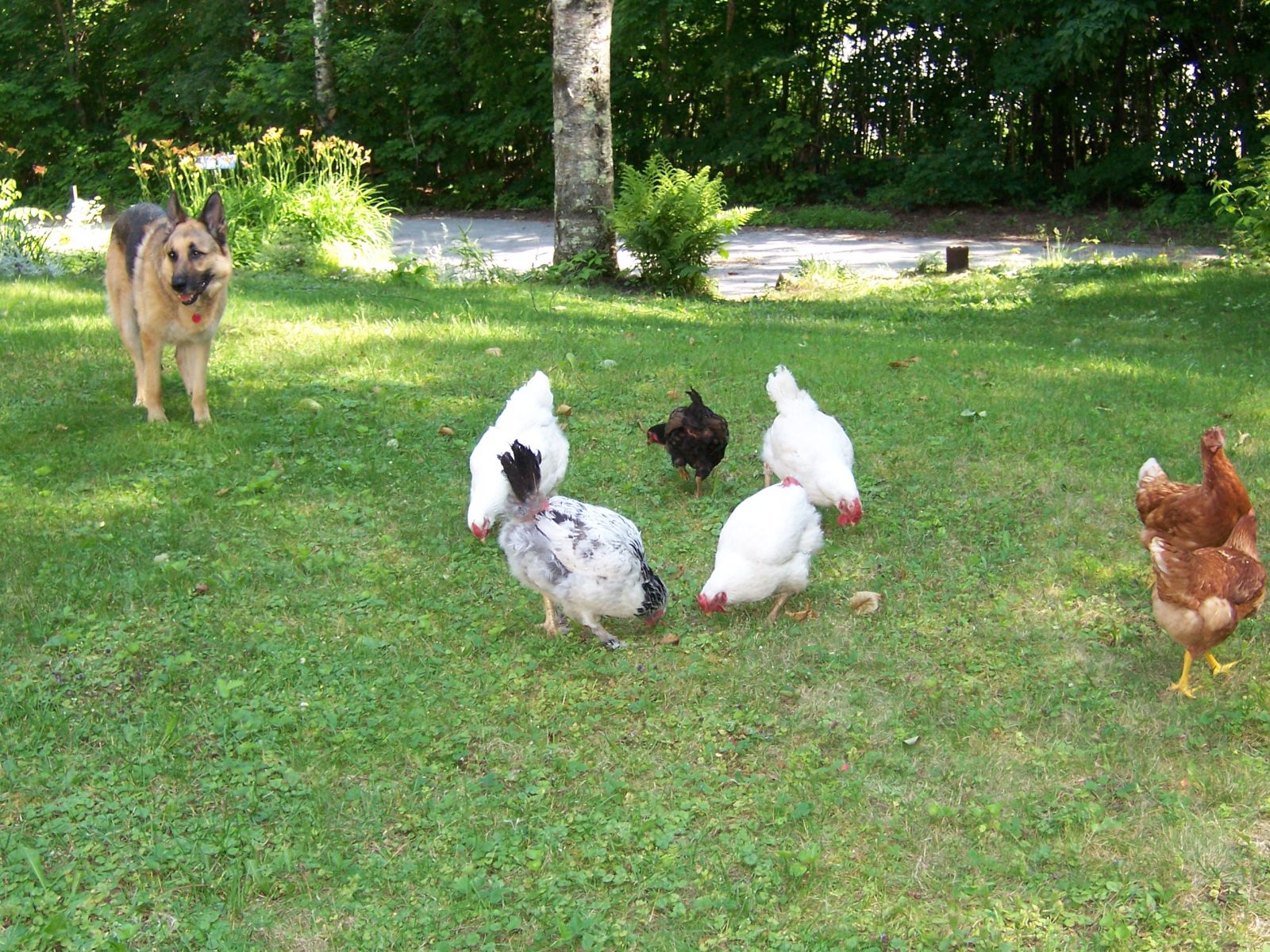Eggs-cellent!
We go through a lot of eggs here at the Samurai household - about 3 dozen a week. We like 'em scrambled, fried, in omelets or frittatas, even raw! The simple, humble egg has been much maligned in the press and by the mainstream "healthcare" establishment at times, but we don't let that bother us - we recognize it for the little nutritional powerhouse it is, and know that it's been a valued part of traditional diets for ages. Eggs are an inexpensive source of a complete protein (in the white) combined with a variety of essential healthy fats and nutrients in the yolk. They're good brain food!
But here's the tricky part: those eggs you buy in the grocery store are not as healthful as they could be. Most of you have probably seen the stories about the poor chickens crammed in cages at the factory farms - not a good life for the animals, but it also turns out that the eggs aren't as nutritious either.
When a chicken is actually allowed to live a more natural life outdoors with exposure to sunshine and insects, their eggs have lots more Vitamins A, D, and E as well as beta carotene and Omega-3 fatty acids. Awesome! Kinda makes sense, doesn't it? A healthier, happier bird will produce better eggs.
Now here's one more tricky part - deciphering the language used to describe the hens' conditions. Is there a difference between "cage-free", "free-range", and "pastured"? Turns out there's a big difference. The only way to be sure you are getting eggs from chickens that actually spend their days pecking around outdoors, thereby producing those healthier eggs, is if they are labeled "pastured". Anything else means they might have still spent their whole lives indoors. (Note: don't confuse that term with "pasteurized", which is a whole different thing ![]() )
)
Here's a very nifty video explaining this egg terminology further: UPDATE- for some reason this video was made "private" recently. I hope that will change, but in the meantime I'll link to an article discussing this further down below...
<iframe src="http://player.vimeo.com/video/30716968?title=0&byline=0&portrait=0" width="400" height="300" frameborder="0" webkitAllowFullScreen mozallowfullscreen allowFullScreen></iframe>
How do you find pastured eggs? We live in a semi-rural area, and our local farm stands and farmer's markets sell them as well as our natural food store. It shouldn't be too hard to find them wherever you live, and it's great to support the local farmers! Around here the pastured eggs average around $4 to $5 per dozen - a little more than the conventional eggs, but still a good deal considering how much you are getting from them.
For more info, see this article at Food Renegade's site!
Here's a photo of some of our own hens that we had a few years back and their trusty guard, Ouzo. Good times!
-
.png) 4
4

.png.aa21533c6656a1cb054a172848652cb2.png)



0 Comments
Recommended Comments
There are no comments to display.